I’ve been expecting this news ever since Bioware announced that Mass Effect 3 would not change its ending. I’d hoped that maybe Andromeda could save the Mass Effect series, but then I played it and those hopes were dashed. So let’s cut open the still warm corpse of one of the best scifi gaming franchises and see what killed it.
The Fall of the Roman Bioware Empire

Bioware was once one of the great companies of the video game industry, and seeing their label meant you were in for a storytelling treat. Sure, they told stories that were more traditional, and they didn’t push boundaries like Obsidian tried to do, but they were still good stories. There was a time when all I had to know was that Bioware was making it and I would instantly pre-order it, I didn’t even have to know what it was about.
Those days are long gone, so how did this empire of interactive storytelling become the hollowed out husk we see before us?
Well…
The Mass Effect 3 Ending Broke The Universe
This was something the defenders of Mass Effect 3’s ending seemed to miss… just how utterly screwed the game’s universe was post-ending. People like me, who criticized the ending, weren’t just mad because we didn’t get the ending we wanted; we were mad because we saw just how utterly the ending destroyed much of what we loved about Mass Effect’s universe. Even taking into account the Extended Cut, the amount of damage done to the Mass Relays would take decades if not centuries to be completely repaired. There were still left with a bunch of aliens on a devastated Earth where there wasn’t sufficient food to care for them.
Even ignoring all that, there was the classic Deus Ex problem of which ending would future Mass Effect games make canon? There’s a reason all of the recent Deus Ex games have been prequels, because Deus Ex: Invisible War highlighted the problems with continuing the story. Invisible War tried to circumvent the problem by creating a strange hybrid that made all the endings canon, it was actually sort of an elegant solution in its own way. Yet how would that have worked in Mass Effect, when all the endings were mutually exclusive?
The simplest solution would have been to simply erase the last ten minutes of the ending. Lose the Star-Child-AI-Whatever and that whole awful soliloquy about the Reaper “solution”, and just have the Catalyst set off a space-magic explosion and kill the Reapers. Sure, it would still have been a cheap move that negated all the choices player’s made and robbed us of a proper emotionally fulfilling ending, but it wouldn’t have irreparably damaged the Mass Effect canon.

However even with Bioware’s stubborn refusal to change the ending, all wasn’t lost. They could have just Retconned the ending. Retroactive Continuity (Retcon) means a story contradicting and changing the events of a previous story, and it’s generally frowned upon. In fact there’s such a stigma attached to it that some storytellers will go to outrageous lengths to avoid doing it. It should absolutely be a method of last resort, but Mass Effect is one instance where it would be appropriate.
In fact, if Mass Effect: Andromeda had not been dead on arrival, I have a feeling this is exactly what Bioware was planning to do. Eventually I’m sure that it would have been revealed that humanity failed to stop the Reapers and all intelligent life was snuffed out once again. Perhaps the Reapers would even pursue the survivors to Andromeda in a future sequel.
No matter how you look at it though, the ending of Mass Effect 3 left an absolute mess for Bioware to try and resolve with the next iteration. Still it wasn’t unfixable and trying to circumvent the damage by taking Mass Effect to Andromeda could have been an elegant solution. Could Andromeda have been saved if it still had the old Bioware team working on it? We’ll never know because…
Most of Bioware is Gone

Playing through Mass Effect: Andromeda, it was difficult for me to imagine that it was made by the same people who made Mass Effect 2 and Dragon Age: Origins. Other than the fact that Andromeda uses a Bioware IP, it bears very little resemblance to the games that game before it. Which makes sense, because as I researched this article, I found out that it wasn’t in fact made by the same people. Everyone, all most to a man, that worked on Bioware’s most famous titles had long since left Bioware by the time Andromeda went into production.
There’s a thought experiment called the Ship of Theseus that you’ve probably heard at some point, though probably using a car than a ship: if you replace every wooden part of a ship… is it the same ship?
Well I can’t speak for ships, but if you replace every member of a company with a new person, Andromeda definitively proves that it is not in fact the same company.

Bioware began in 1995, making the company just slightly younger than I am. Three doctors, Ray Muzyka, Greg Zeschuk, and Augustine Yip were all medical doctors who started off doing some programming in med school and playing video games to relax. Thanks to the fact that doctors make pretty good money, they were able to pool together enough capital to start their own company. And now I understand why the company is called Bioware, Bio as in Biology because they’re doctors, I finally see what you did there guys.
Along with two other founding members, Brent and Trent Oster, Bioware began turning out their first video game Shattered Steel. I never played, or had even heard of, this game myself but it was enough of a success to gain the attention of Interplay. That’s when they began working on Baldur’s Gate.
And here’s what I want to focus on: the members of the Bioware team were all huge fans of pen-and-paper RPGs and especially D&D. They were passionate about the project, and this is something that will become a theme for all of Bioware’s titles. Like all great creative minds, they weren’t in this for the money so much, they all had successful medical practices after all. They wanted to create awesome games. In pursuit of that goal, they began looking to add more talent to their company.

Bioware merged with Pandemic in 2005, and this is when Bioware would run into trouble. Using a holding company to facilitate the merger, Bioware bought Pandemic and the two merged into a single studio. Unfortunately that meant Bioware’s Ray Muzyka and Greg Zeschuk were now beholden to stock holders and venture capitalists. So when EA Games came to them with a half-a-billion dollar offer, it seemed like good business to accept? Who among us would have the fortitude to turn down that kind of money?
The buyout by Electronic Arts was completed in 2007, just prior to the release of Mass Effect. Shortly after that in 2008 EA would merge Bioware with Mythic Entertainment so that all its RPG teams would be under a single company. Still, despite all this, Bioware seemed to retain some of its autonomy, and, more importantly, its drive to create amazing video game stories. Over the years, perhaps even because of these mergers and the financial resources of EA, Bioware had managed to collect an exceptional team of talented people.
There was Drew Karpyshyn, senior writer for Knights of the Old Republic and lead writer on the first two Mass Effect games. David Gaider, who also worked on Knights of the Old Republic and was lead writer on Dragon Age: Origins and its sequel. Casey Hudson, who directed the entire Mass Effect series. Mac Walters and Patrick Weekes, who were both supporting writers on the Mass Effect series as well.

Aside from Mac Walters, who directed Andromeda, and Patrick Weekes who works on the Dragon Age series, none of those people were still working at Bioware when Andromeda was in production. (Though Casey Hudson has now returned to Bioware, for however long that lasts.)
That’s not to say the current team isn’t talented, they might very well be just as talented as those that came before. Unfortunately all the talent in the world can’t save us from…
Corporate Bullshit

The real problem is that EA didn’t want to make a Mass Effect RPG, they wanted to make a No Man’s Sky ripoff. In much the same way Dragon Age Inquisition was trying to copy Skyrim‘s open world mechanics, to its own detriment, Mass Effect: Andromeda tried to create a procedurally generated universe. Not because the story demanded it or because it would make a better game for their players. No, they wanted it because the corporate dipshits at EA saw how much money No Man’s Sky was making and decided it wanted a piece of that pie. Problem is that not even No Man’s Sky could deliver on its promises: the technology just isn’t there to make procedurally generated as compelling as a handcrafted experience.
More to the point though, in its chase to lure new demographics to Mass Effect, they completely screwed over its existing fans. Those that went in expecting a compelling narrative and amazing characters were left solely disappointed. Meanwhile, the people looking for an infinite procedurally-generated space adventure were left disinterested because Andromeda couldn’t get it working. Years were wasted on a random planet generator, instead of a polished script and focusing on storytelling gameplay.
This is hardly an EA exclusive mistake however, every major publisher makes this mistake. In fact it’s a problem with businesses in general.
If you’re not growing, you’re shrinking.
That’s a common refrain and it’s also a toxic mindset, because it says nothing is ever enough. Every project, every game, has to make more than it did last time. It wasn’t enough for Mass Effect Andromeda to sell as well as Mass Effect 3, it had to sell more than ever before. EA estimated, apparently based on wishful thinking, that Mass Effect: Andromeda would sell 3 million copies in a few days. Mass Effect 3 sold that many in March 2012, but that was the conclusion of a trilogy that already had a solid player base that was emotionally invested. Expecting it to match its predecessor was unrealistic, especially given the mediocre games it released in the interim.
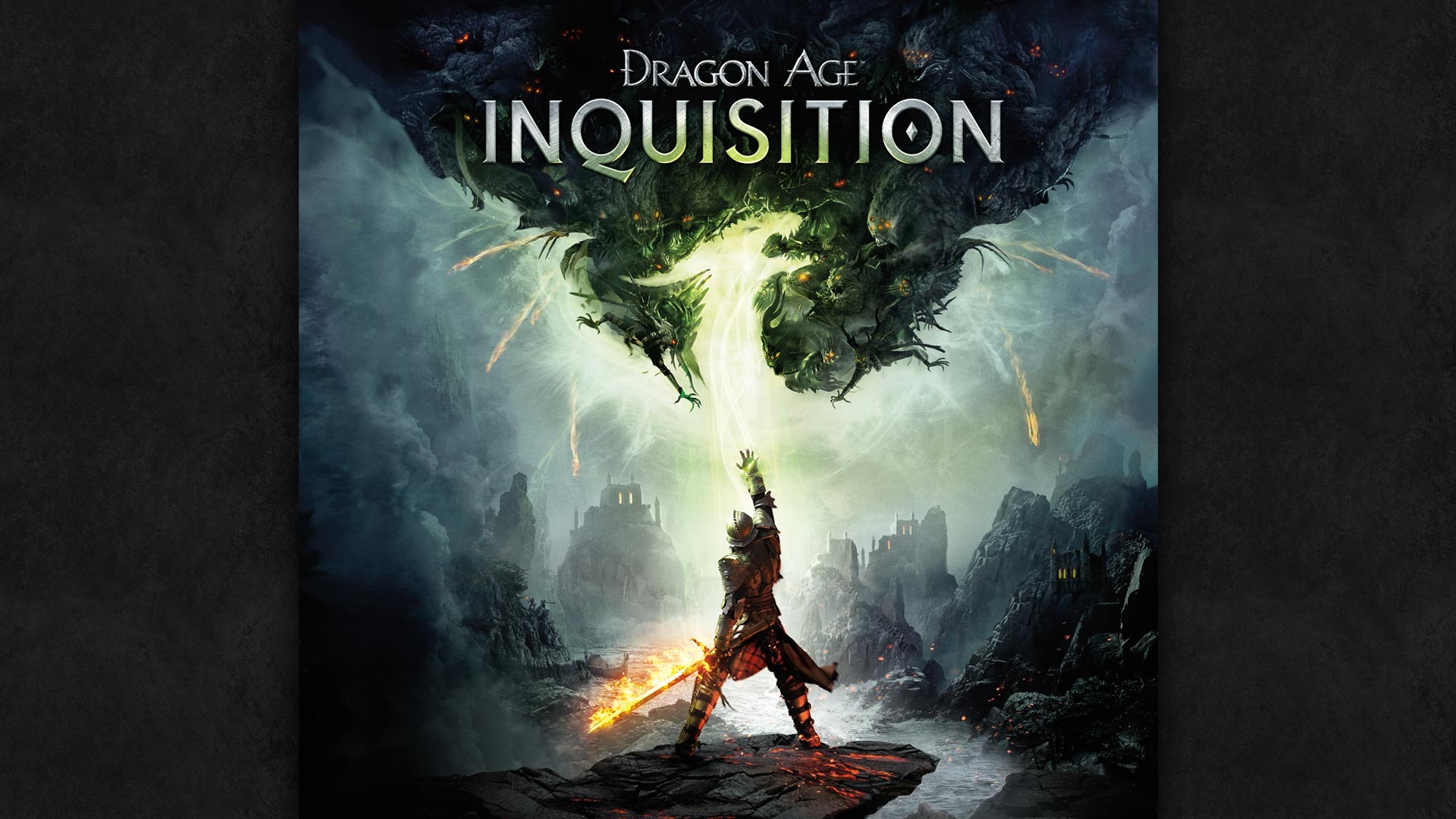
That’s why both Dragon Age Inquisition and Mass Effect Andromeda both sought to expand their appeal, so it would sell more copies. Yet in the end all it did was sabotage itself, spreading itself so thinly that nothing satisfied anyone.
This greed for more, always more, is not only destroying video game quality but also making them much harder to afford. Just like banks making billions a year looked at ATMs and decided to charge people for accessing their own money, video game companies look at games we own and are continually looking at ways to make us keep paying for them. From absurd collectors editions to microtransactions and ridiculous real-money marketplaces in games we paid 60 for, there is seemingly no limit to what game publishers won’t do. All because raking in millions a year isn’t enough, they want to be making more millions than ever before.
I don’t want to get too much into politics, but this to me seems a problem with the world at large. I can’t imagine running a company that makes billions a year and thinking “well this is nice, but I’d really like to be making 9 billion a year instead of 8.5.” Obviously video game companies, even ones like EA, aren’t pulling in that kind of money, but my point is the same. Why is there never enough? Nothing in nature can grow indefinitely, even a star will eventually collapse in on itself if it grows too large.

Casey Hudson has said that Mass Effect will make a return some day, and I’m sure that’s true. I just doubt we’ll recognize it as Mass Effect when it comes out. Right now Bioware is working on Totally not a Destiny Ripoff Anthem, a multiplayer based shooter. They claim there will be an epic story, but of course Destiny claimed the same thing and we know how that turned out. If it’s successful, I have no doubt that Mass Effect will return as a multiplayer based shooter as well. If it isn’t, I’m sure they’ll retool Mass Effect to fit whatever the current flavor the month is in the gaming world is.
The Mass Effect we all knew? That’s gone, and I’m sorry to say that it’s probably never coming back.
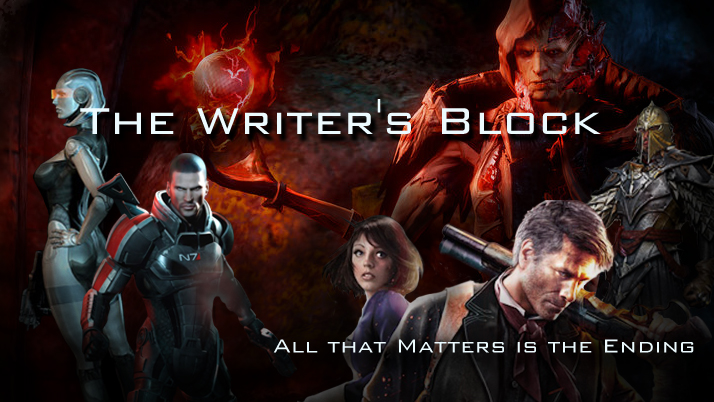


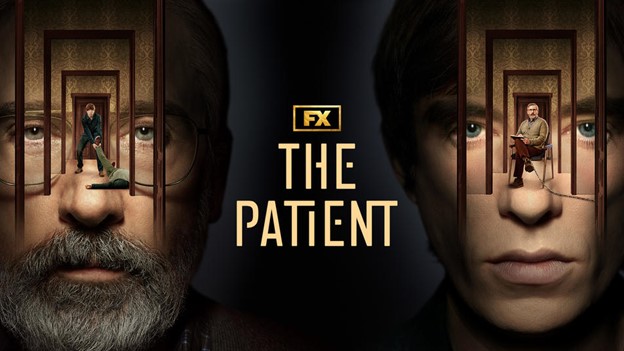
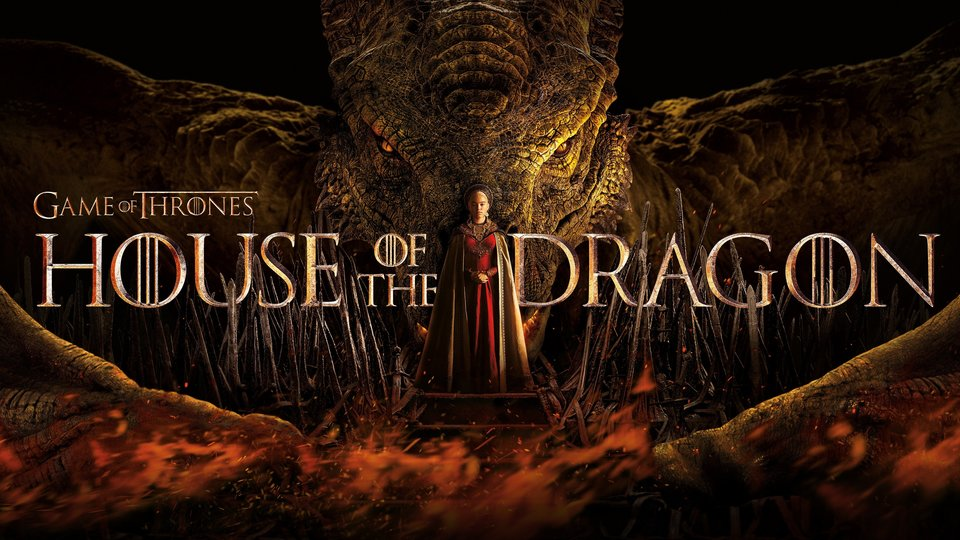
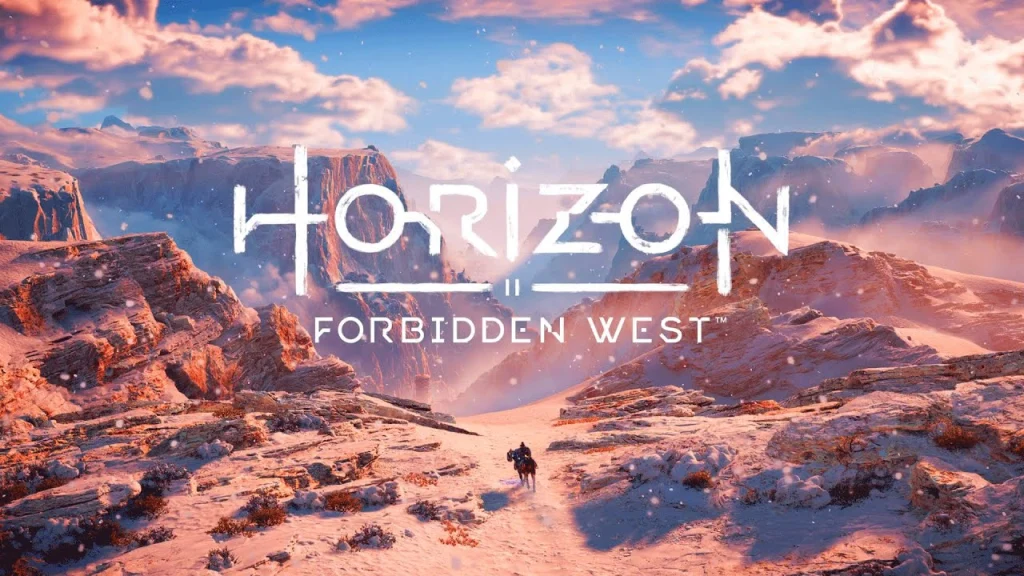

Leave a reply to moseszd Cancel reply